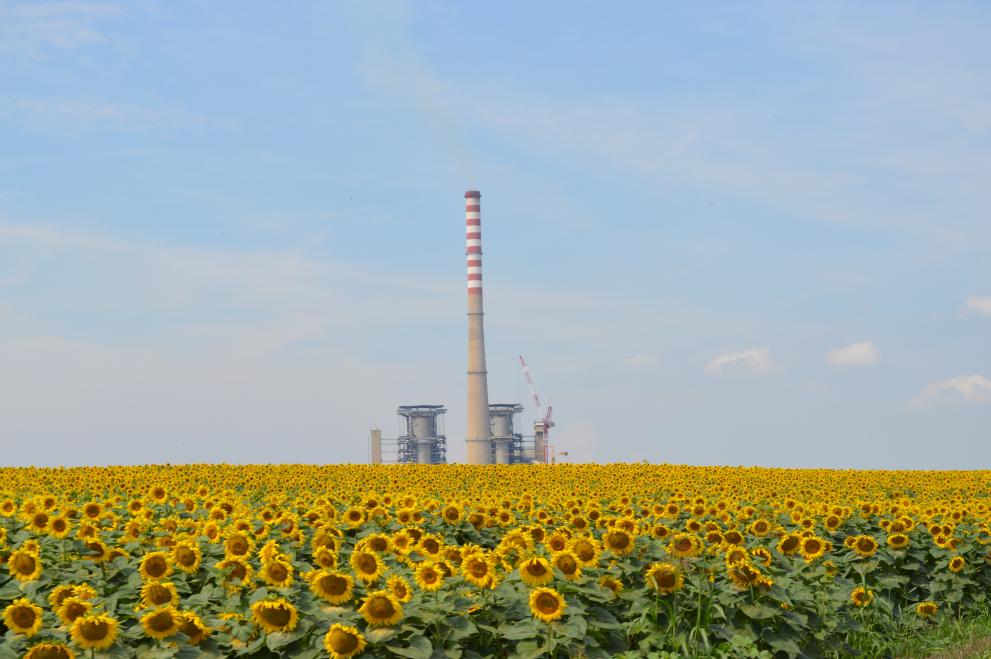
The report, presented on the occasion of the Ministerial Meeting of the Western Balkans Platforms on Culture, Research and Innovation, Education and Training in Tirana, Albania, looked at the status of the environment and the climate in the region.
Air quality still critically poor
The authors warn that air quality in the Western Balkans is still critically poor, in spite of fine particulate matter concentrations showing decreasing annual trends in some parts of the region. All partner countries in the region, where reliable data is available, exceed, on average, the daily maximum limit in particulate matter that is 10 micrometres or smaller in diameter.
This has dire consequences. Alone particulate matter, which is smaller than 2.5 micrometres (PM2.5), caused 28 400 premature deaths in the Western Balkans in 2019, the report shows. While mortality rates attributed to this pollutant were cut back by 16 % in the EU compared to 2012, they went up by 30 % in the Western Balkans.
Action to limit global warming would improve health
Diseases associated with pollution, such as chronic obstructive pulmonary disease, lung cancer, lower respiratory airway infections, diabetes mellitus type 2, ischemic heart disease, or stroke, are likely to become even more prevalent in the Western Balkans if no further action is taken. If however, measures that limit global warming to 2.0 degrees and are compliant with the energy-related UN sustainable development goals are implemented in the Western Balkans, mortality from PM2.5 would be slashed by 65 % compared to the business-as-usual scenario projected for 2050 in the region.
When it comes to greenhouse gases in the Western Balkans, projections estimate that they will be 4 % higher in 2050 than in 2020 if the current legislation stays in place. 61.7 % of current carbon dioxide emissions come from coal-fired power stations, of which 16 operate in the region and use lignite high in sulphur content.
Condition of water bodies and state of soils is worrying
The condition of water bodies is also a cause for concern. 44.5 % of the assessed water bodies failed to reach a good status during the chemical assessment, the figure rising to 54.5 % during the ecological test.
The report also examined the state of soils in the region, with similarly worrying results. One-third of the total agricultural land could be made unusable by water erosion, while 45 % of it is at risk of failure due to soil erosion. Only 2.6 % of the agricultural area is used for organic farming, a far cry from the EU target of 25 %.
Success in adoption levels for environmental and climate legislation
Although lagging in implementation, the region did have some success in adopting the “Environment and Climate Change” chapter of the EU body of rights and obligations known as the acquis communautaire. This chapter is the largest of the 35 in total, comprising 200 legislative acts.
Adopting the EU acquis is an obligation for countries under the “Stabilisation and Association Agreement” process and it is mandatory for joining the EU.
Adoption levels for environmental and climate legislation now range between 47 % and 76 % among the Western Balkans partners, an upswing from 21-31 % in 2019.
Green agenda for the Western Balkans
To support both the adoption and the implementation of the EU acquis, the European Commission proposed the Green agenda for the Western Balkans, outlining a growth strategy for the region, which is based on a sustainable economy.
The six leaders in the Western Balkans adopted the Agenda at the Sofia Summit in November 2020 and a roadmap to implement it in October 2021.
The Green Agenda aims to align the Western Balkans with the European Green Deal, making Europe a carbon-neutral continent by 2050.
Details
- Publication date
- 28 June 2022
- Author
- Joint Research Centre
